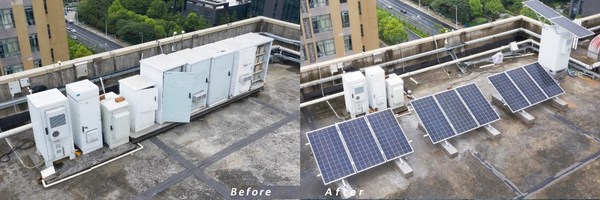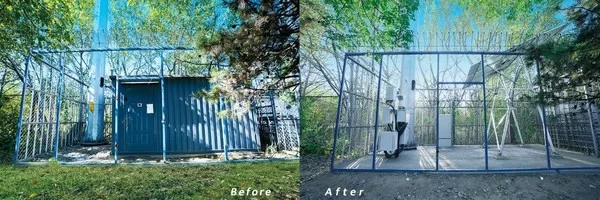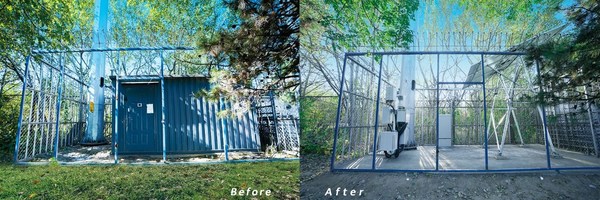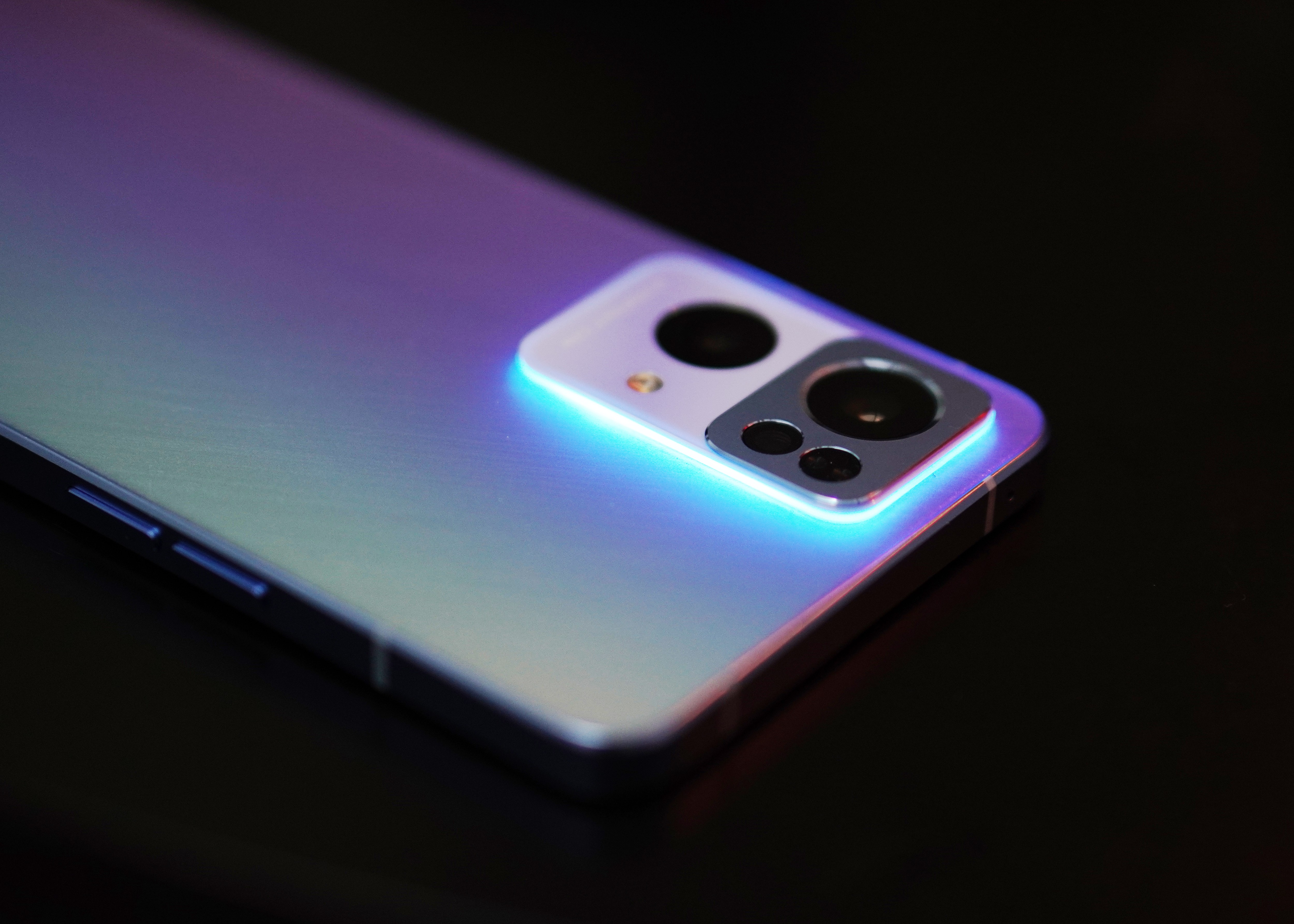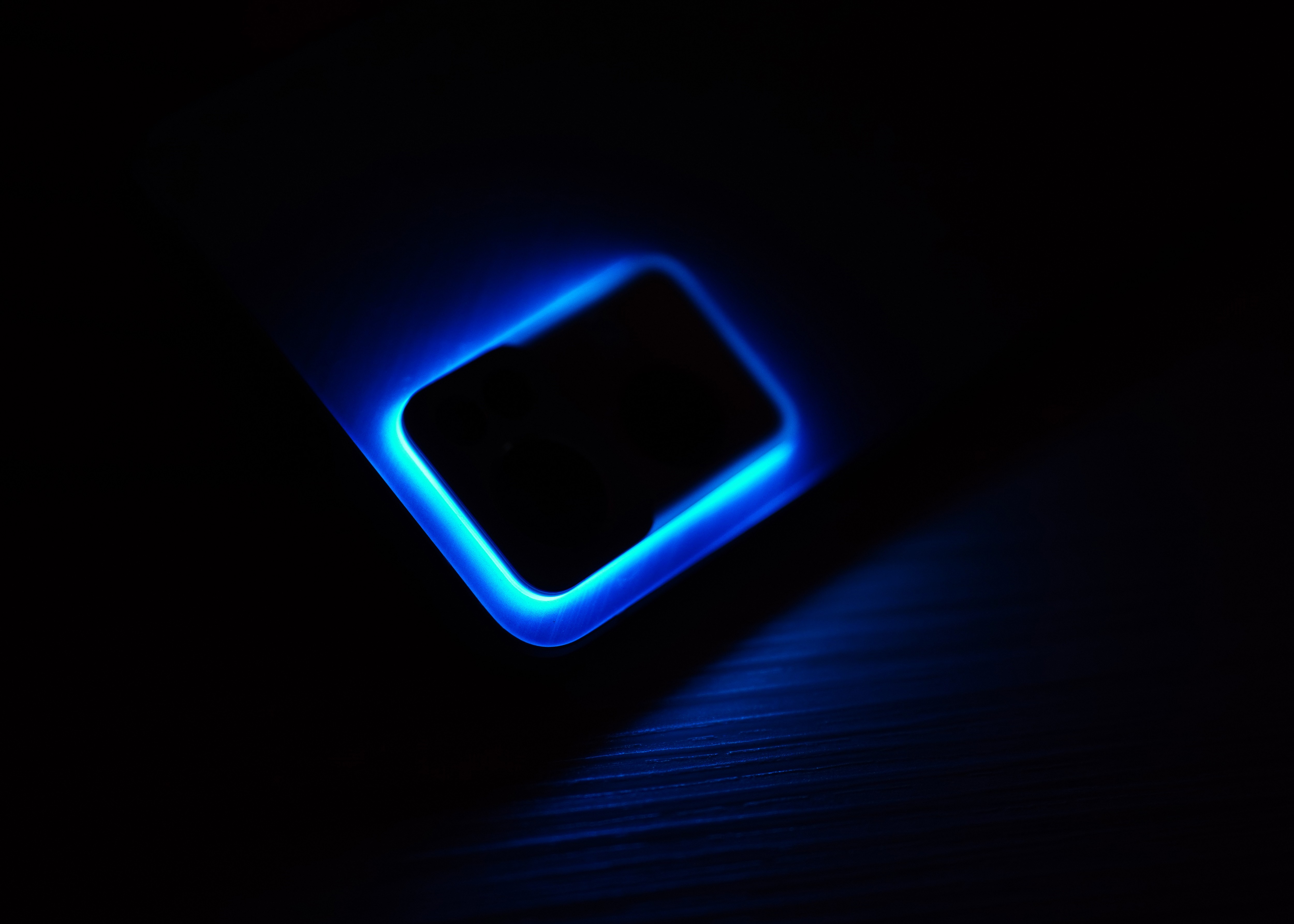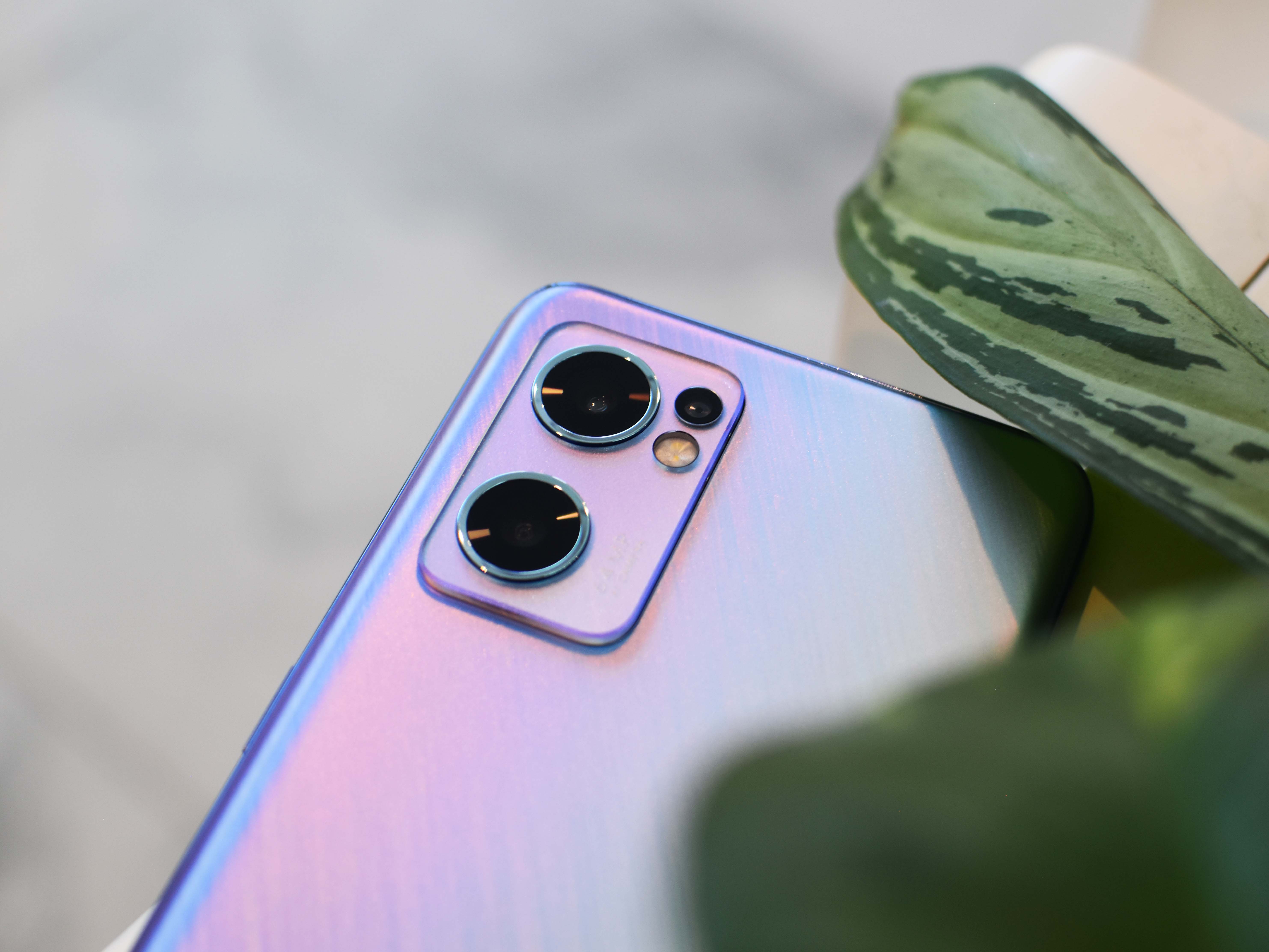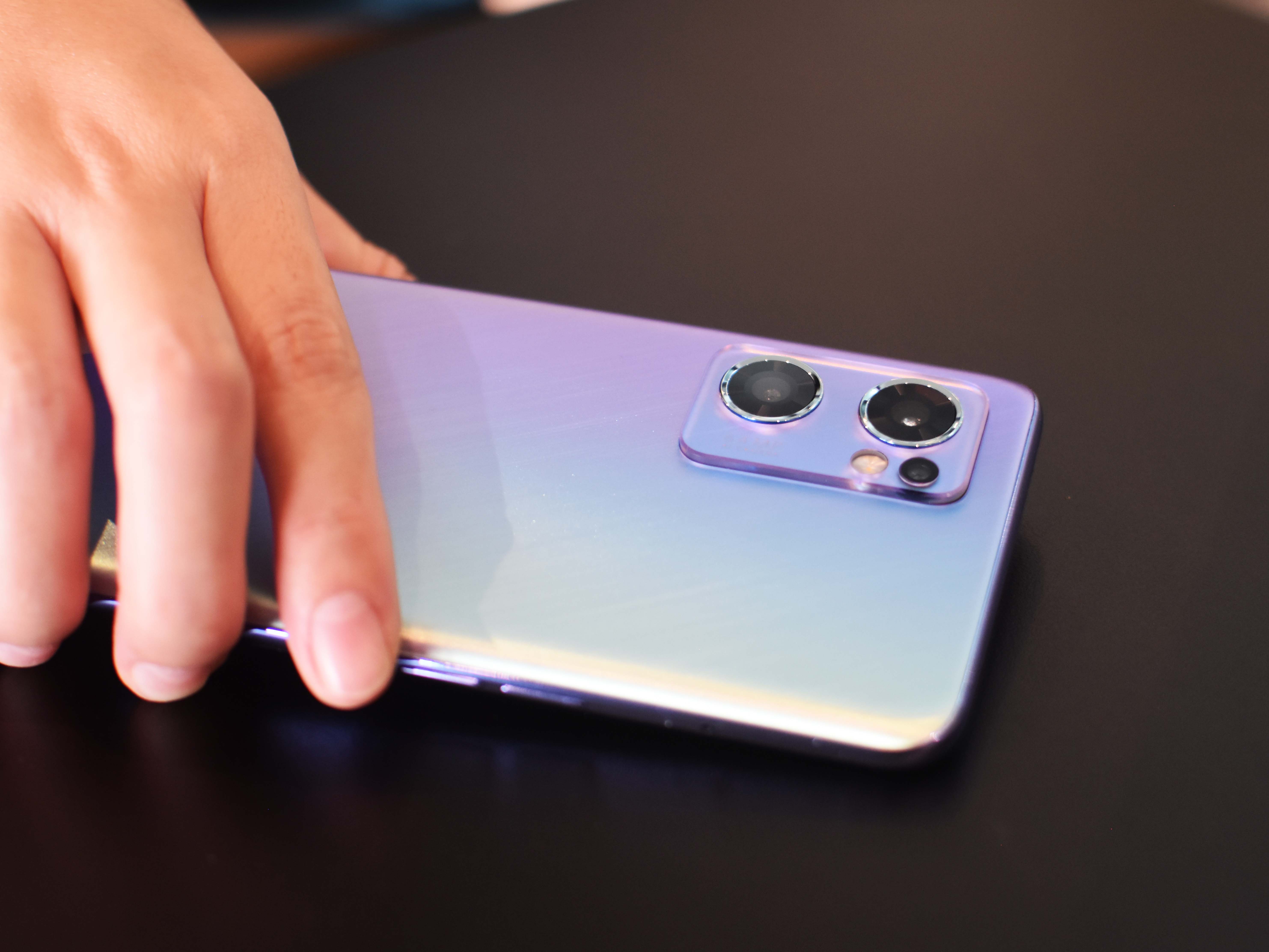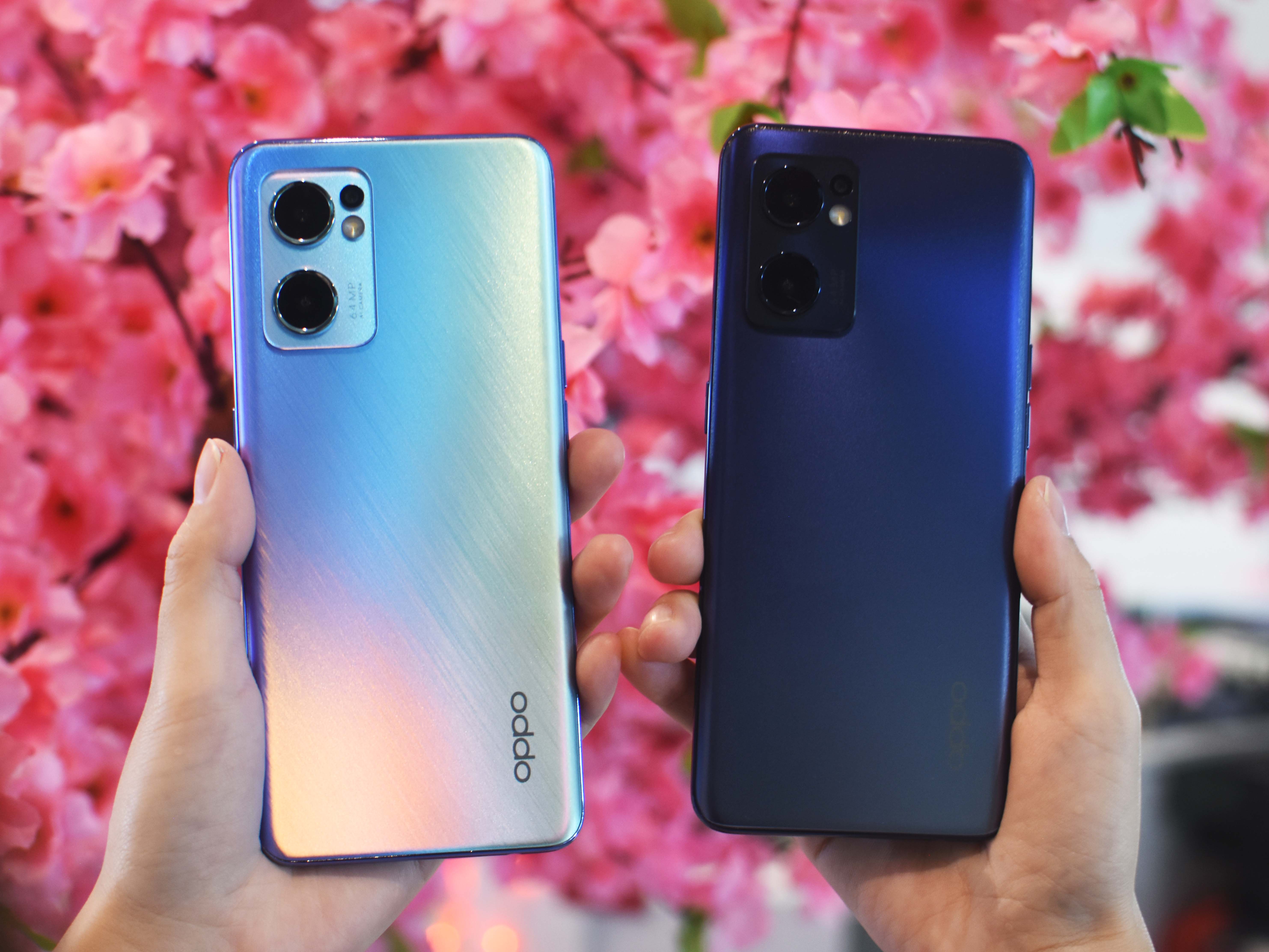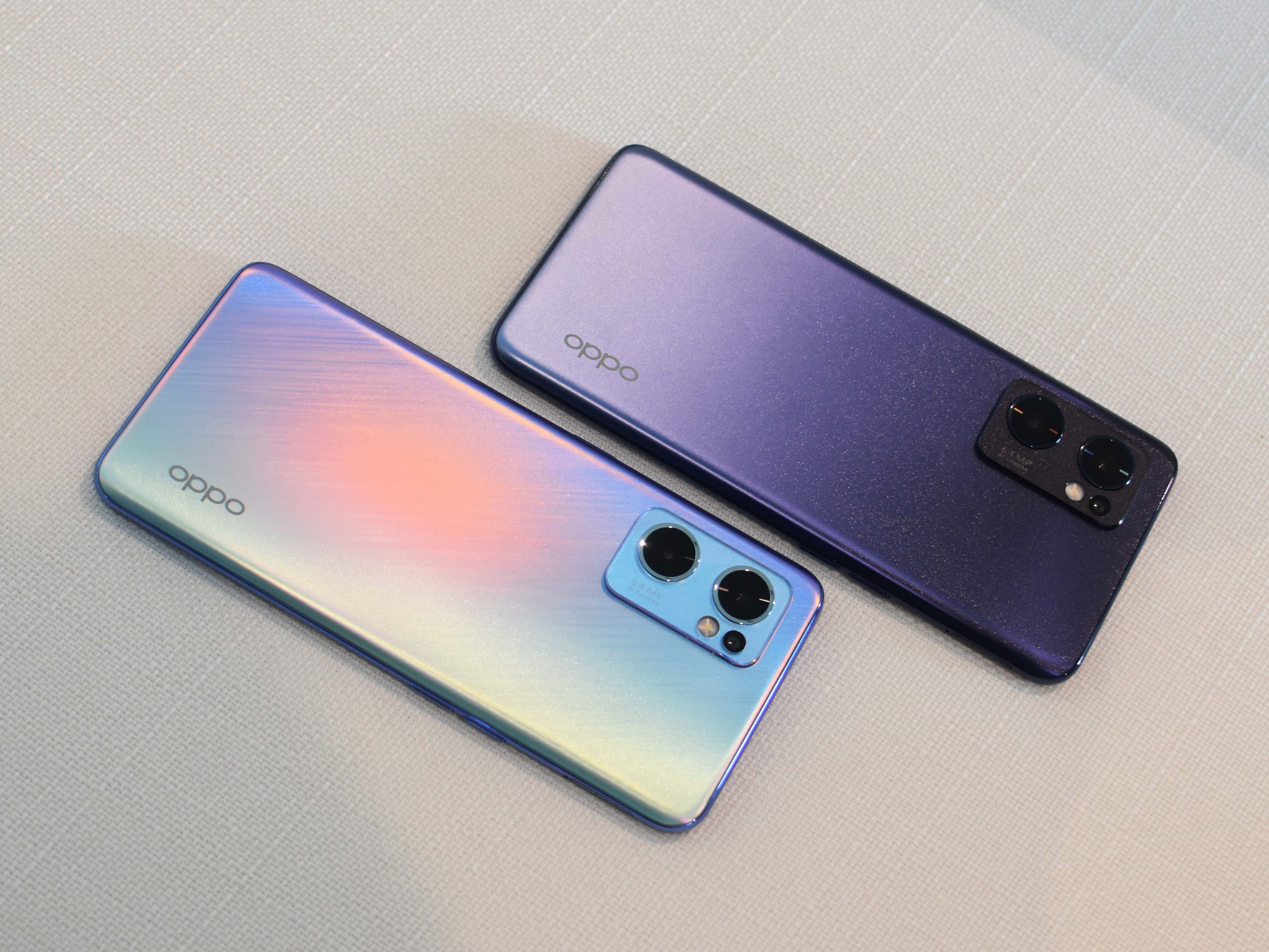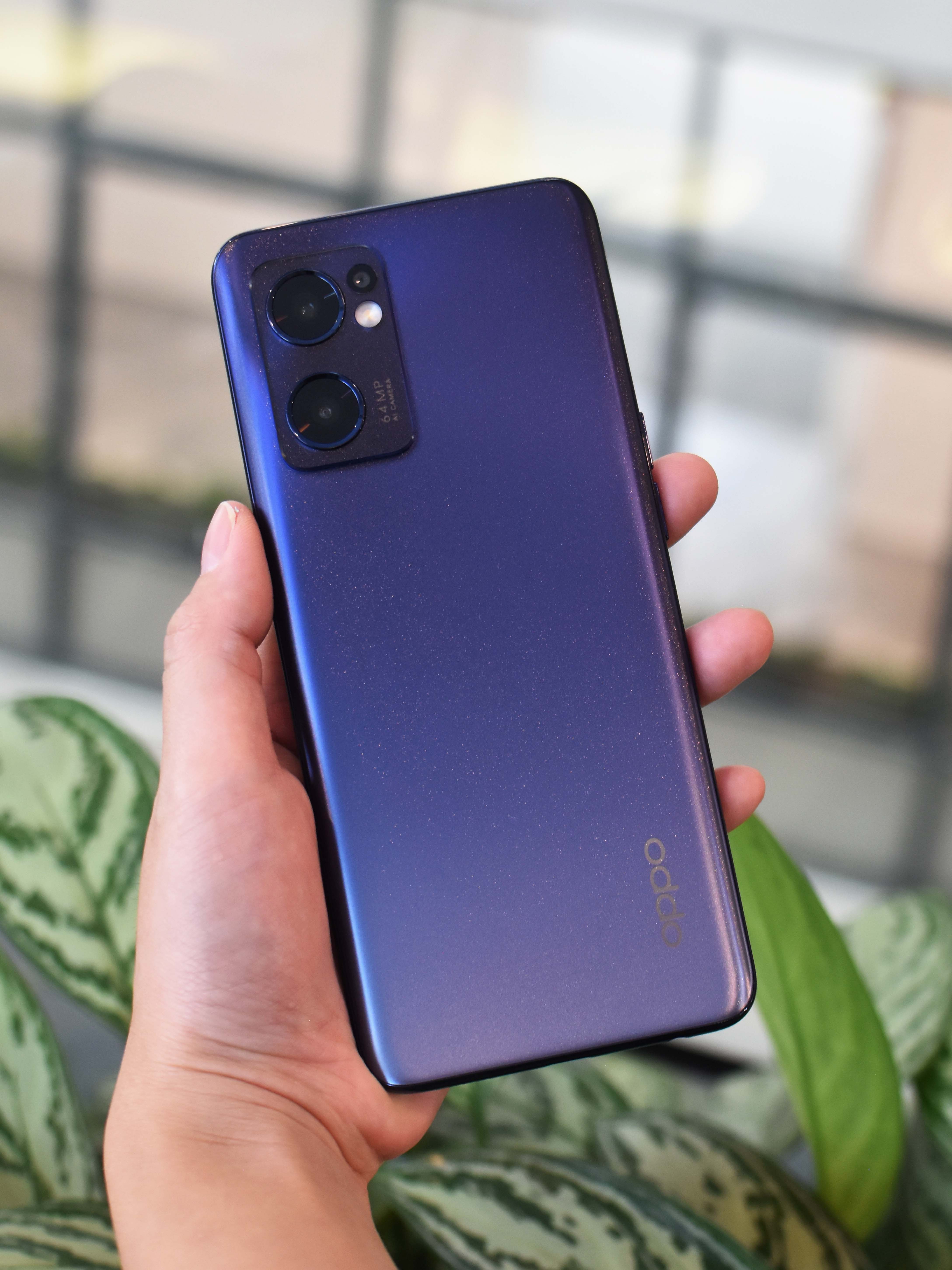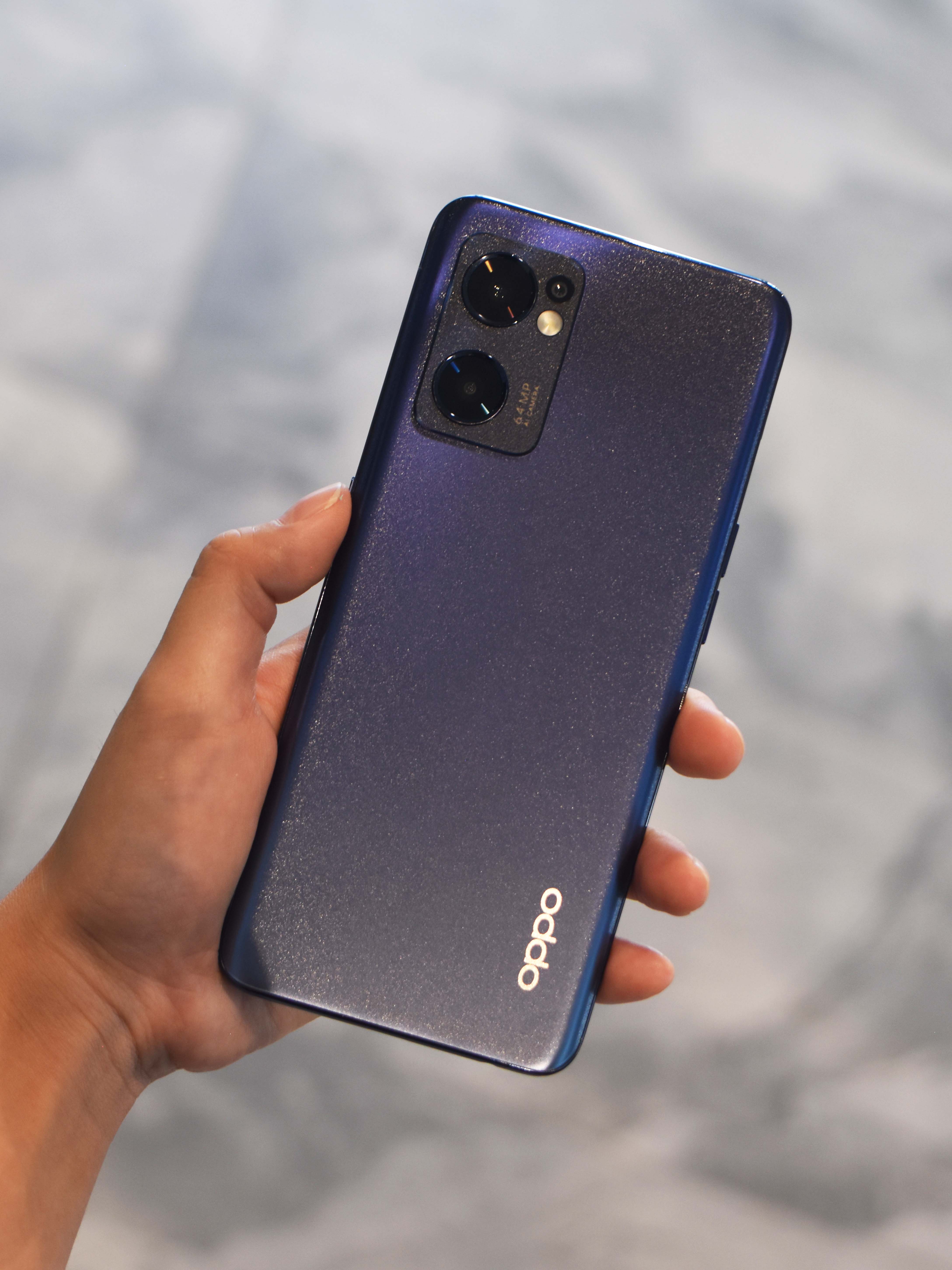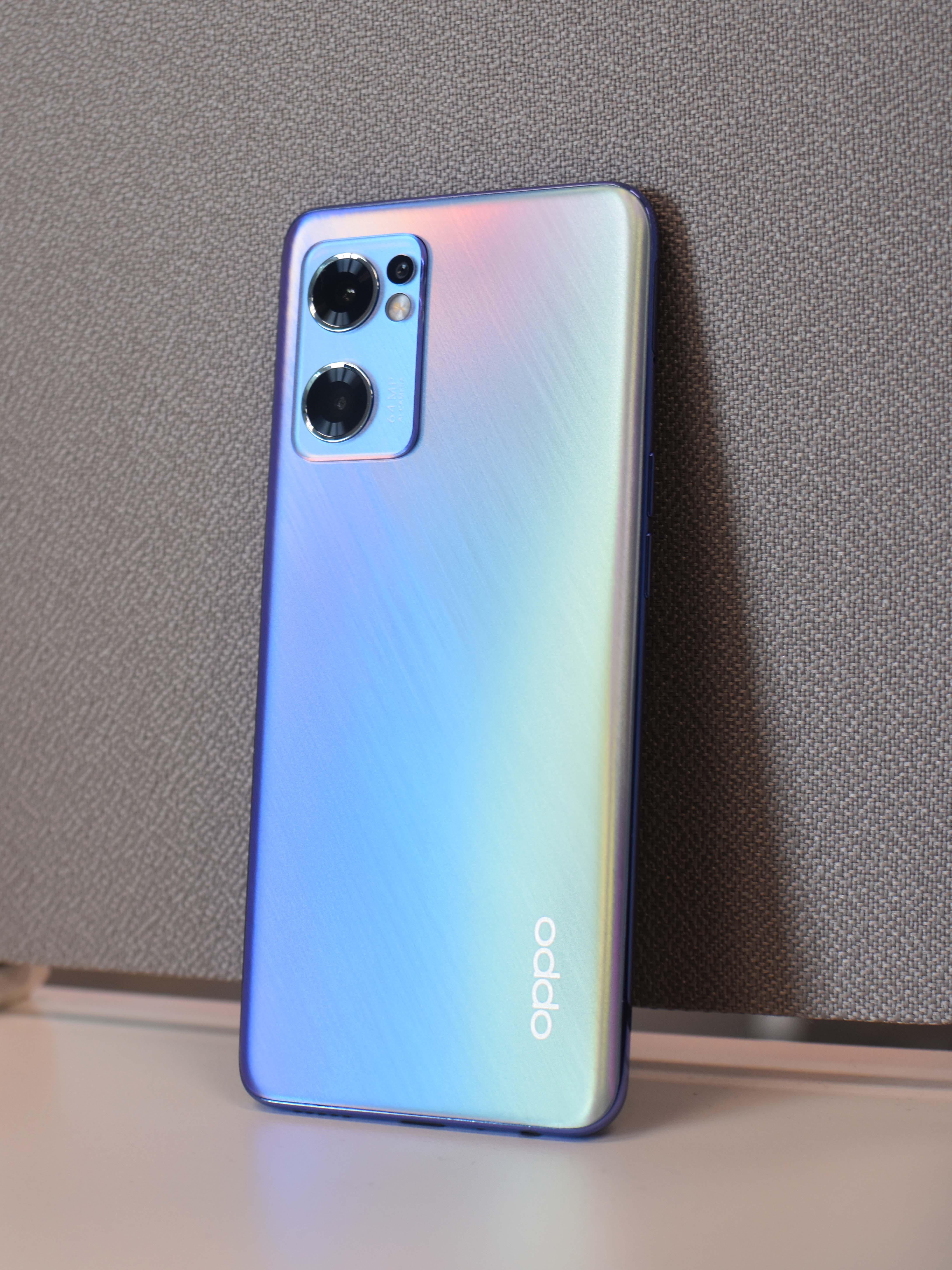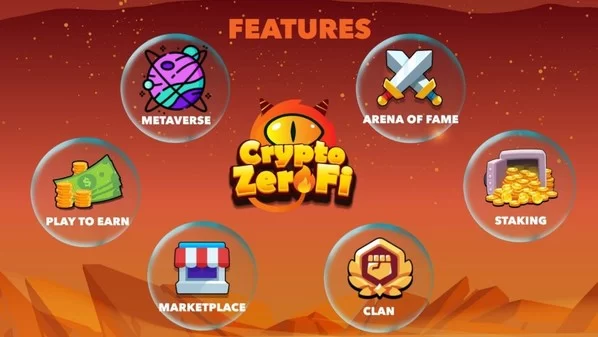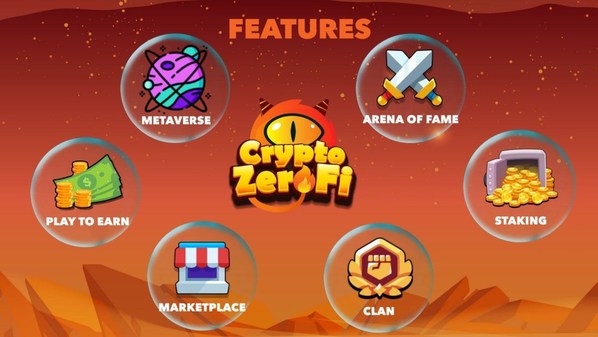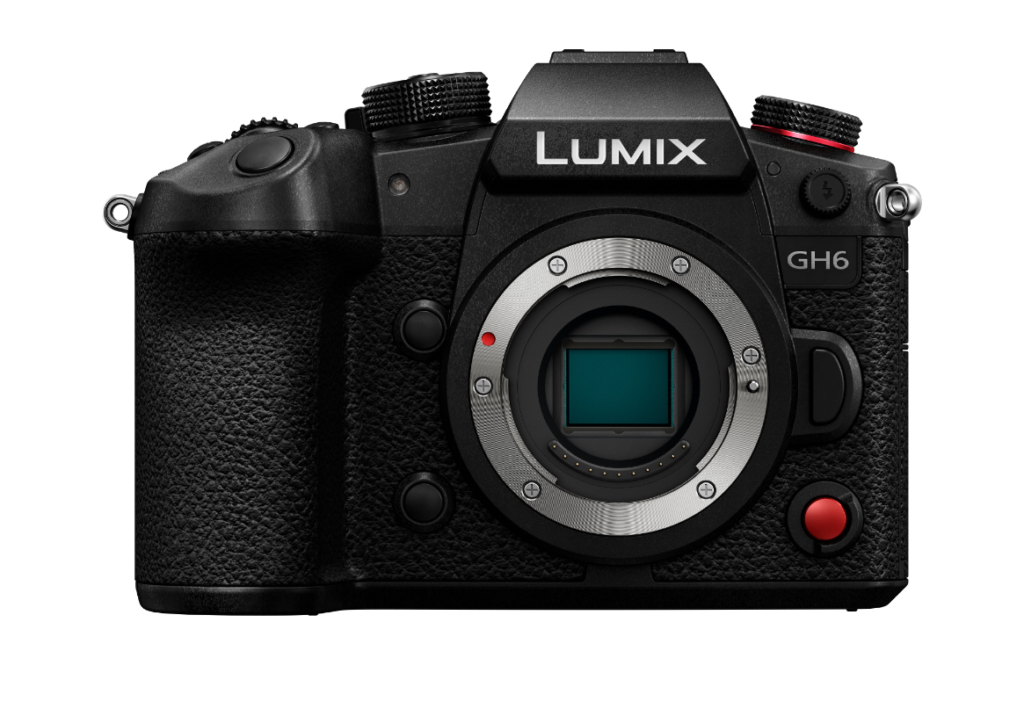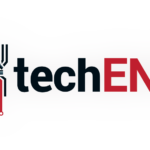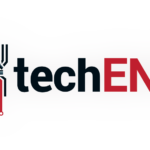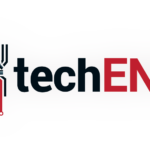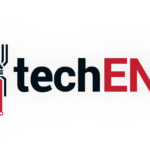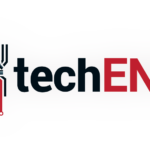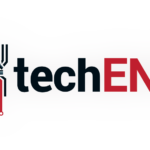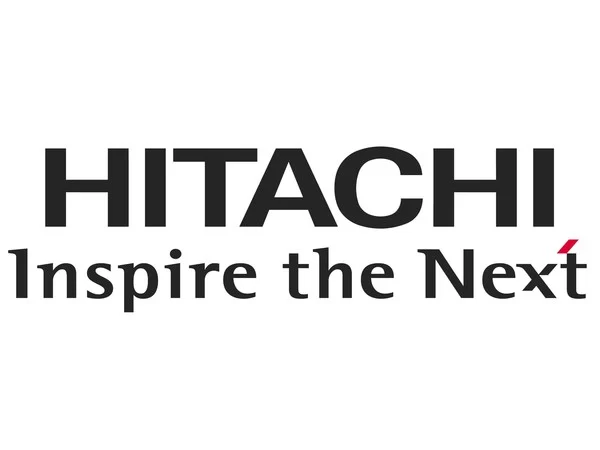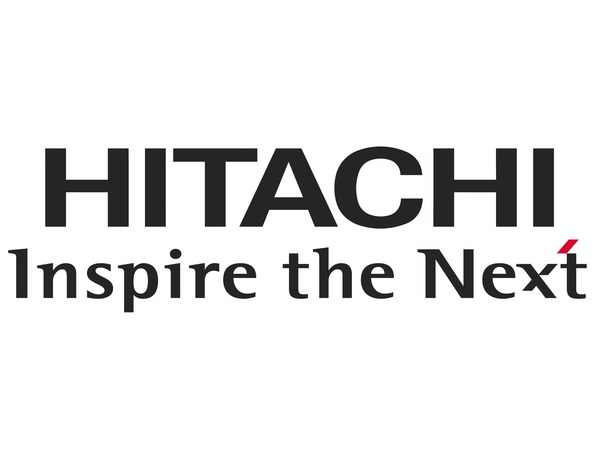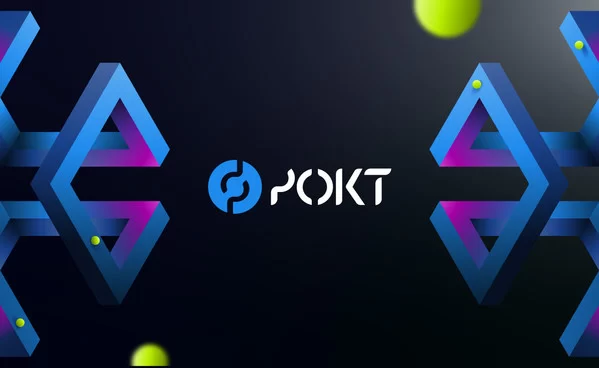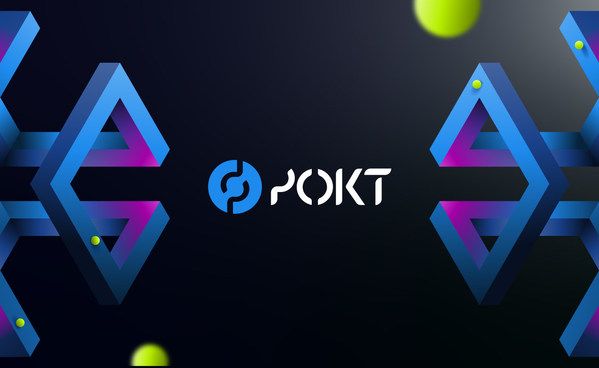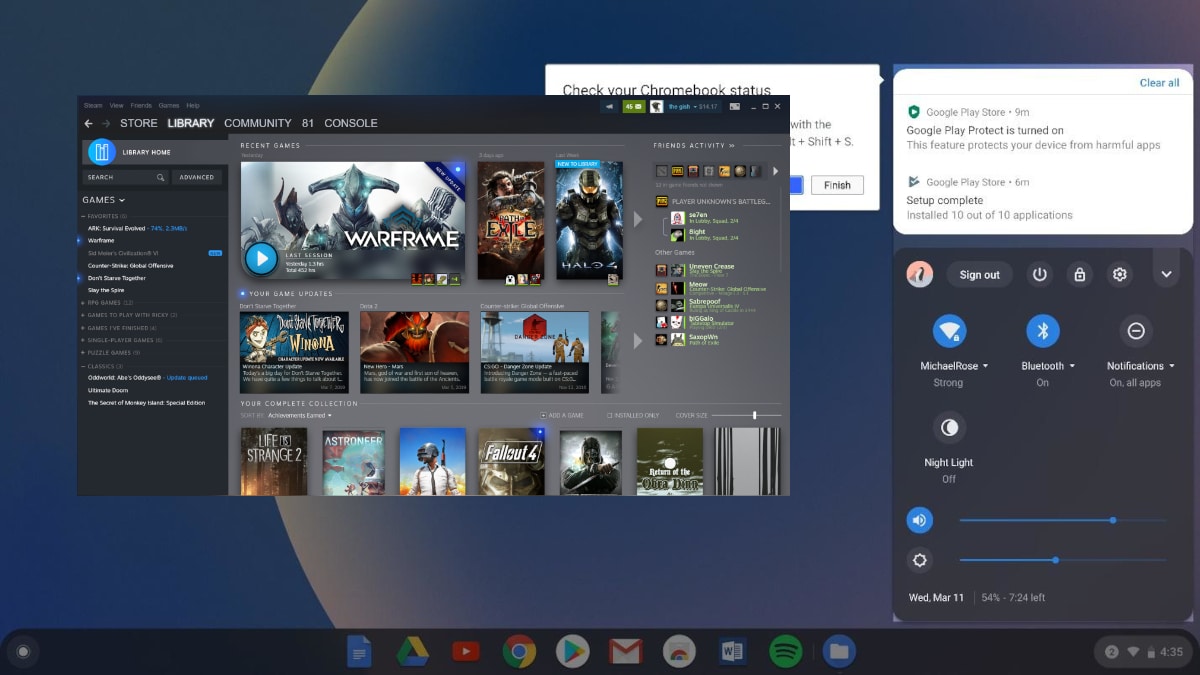SHENZHEN, China, Feb. 23, 2022 — The ICT sector is not only the foundation of a digital world but a big energy consumer and carbon emitter. The adoption of green ICT technologies and practices plays an important role in the fight against climate change. At the upcoming MWC 2022, Huawei will showcase its innovative Green Power Target Network, which helps carriers deploy 5G without additional site energy OPEX, minimize CAPEX and achieve green low-carbon networks.
Behind the Lifecycle Green and Low-Carbon Network
Huawei Green Power Target Network features low carbon emissions throughout the lifecycle, from construction, operation, to O&M.
1. Low-Carbon Network Construction
Huawei proposes to simplify site construction, replace equipment rooms with cabinets and cabinets with poles. This solution reduces the civil engineering cost, carbon emission during construction and reconstruction, as well as the power consumption of air conditioners for heat dissipation.
2. Low-Carbon Operation
Huawei Green Power Target Network can reshape the power from generation, conversion, storage, to consumption, bringing low-carbon networks.
Huawei uses green and renewable energies such as solar and wind for sites and equipment rooms, reducing carbon emissions from the power source. The solution jointly developed by Huawei, China Mobile, Hangzhou, and China Mobile Group Design Institute is a textbook case. The power supply, devices, and batteries originally distributed in six cabinets are integrated into one, saving 80% of the floor area for Huawei’s Smart PV system. It is estimated that the electricity cost will be reduced by about 58% and the carbon emissions will be slashed by 8 tons after site reconstruction.
To tackle the low energy consumption efficiency of sites during power conversion, Huawei uses efficient modules and a single system to replace traditional inefficient modules and multiple power systems, boosts the voltage for power supply to reduce transmission loss, and reduces carbon emissions during power conversion.
While the industry is transforming from lead-acid batteries to lithium batteries, Huawei has evolved to a new era of the cloud-based, intelligent lithium battery. This kind of battery can provide backup power and allocate the backup power precisely through collaboration with power sources and loads, upgrading the traditional backup power unit to an intelligent energy storage system (ESS).
Energy consumption management has troubled the industry constantly. Huawei’s innovative intelligent power consumption management improves management efficiency through precise metering, energy slicing, software definition, and power consumption audit. The power consumption of each load at a site can be calculated separately, the power consumption of each route can be accurately measured by tenant, frequency band, and sector, improving energy efficiency precisely.
3. Low-Carbon O&M
Traditional site O&M is inefficient and requires labor input for preventive maintenance inspection, fault locating, spare part replacement, emergency power generation, cooling adjustment, and electricity fee checking. Based on site digitalization, and AI and IoT technologies, Huawei implements intelligent power and O&M of all links remotely. In addition, portable lithium batteries can replace gensets for emergency backup, achieving a low carbon footprint.
The Unique Huawei Green Power Target Network
As the name suggests, Huawei Green Power Target Network is to "begin working with the goals in mind", always thinking about the big picture. On the one hand, the Target Network adopts top-level design from sites to equipment rooms, and from deployment to operation to O&M, in a unified and systematic manner. On the other hand, the Target Network connects all scenarios over the entire lifecycle, achieving efficient collaboration and laying a foundation for full-link intelligence.
Intelligence is another feature of Huawei Green Power Target Network.
Huawei iCooling@AI solution illustrates the energy efficiency optimization in data centers. One-third of the power consumed by a data center is used for non-IT facilities such as air conditioners, which devour the most power. Huawei iCooling solution efficiently and accurately collects data related to data center energy efficiency and uses the deep neural network for modeling, precisely fitting the running status of the data center to optimize the efficiency by the hour.
Climate change caused by carbon emissions is a tough challenge for the sustainable development of all mankind, and this also puts the ICT industry under pressure. However, Huawei Green Power Target Network brings us hope. Innovative technologies are the key to the "Sword of Damocles" hanging over the ICT industry. New infrastructure construction such as 5G and big data, and green and low carbon are not mutually exclusive, but are coexisting concepts.
